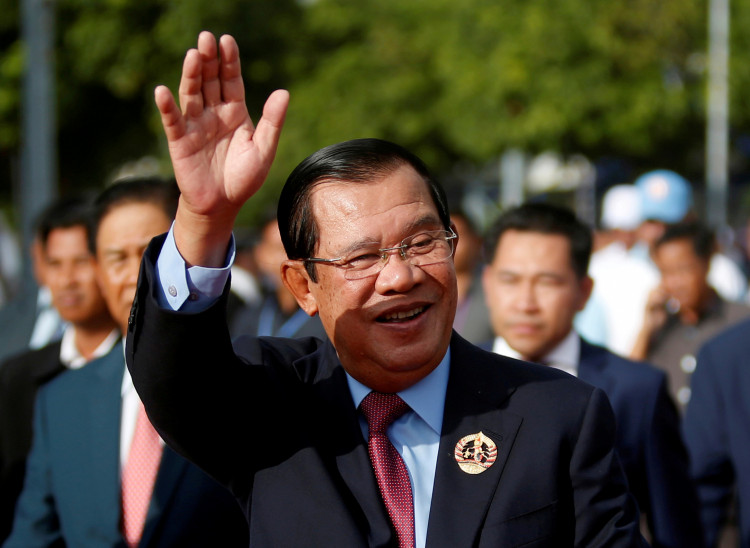The Cambodian village of Trach in Kampong Speu is in the center of the potential withdrawal of the "Everything But Arms" (EBA) deal between the Asian country and the European Union as the small town's garment manufacturing business may be hit hard by the agreement's dissolution.
According to the Voice of America, the village within the Ka Haeng community in Cambodia's Samraong Tong district relies heavily on the garment sector as most people in the area are employed by manufacturing plants.
With the EU's investigations around Cambodia's potential human rights and worker rights violations, Trach residents fear that they will lose their means of earning money. Garment exports are among the products that will be impacted if the EU revokes the country's preferential access to European markets.
In Trach, 75 percent of the residents said they work in garment plants or they sell food to people working in factories around the village. Around 570 people live in the village and they have been pleading for the small voices to be heard.
Farming is a traditional occupation in a small village. While residents can always revert to their previous source of living, they argued that it will be hard to adjust now that they are used to working for garment factories.
Furthermore, dry seasons in Cambodia have been increasing over the past years, making it even harder for farmers to produce yield favorable for sale in the market. Irrigation is another problem that has yet to be resolved in the province.
While Cambodian Prime Minister Hun Sen has been traveling over the past few months in Europe to get support from members of the bloc in a bid to stop the EBA withdrawal, Cambodians are still anxious about the matter.
Hun Sen's European journey did produce good results as he received the support of Hungarian President Janos Ader. According to the Phnom Penh Post, Ader told his Cambodian counterpart on Monday that his government will support the continuance of the EBA deal.
Ader reportedly reaffirmed his support for Cambodia's battle to retain the EBA scheme so the country's development will continue. Ader was also quoted to have said that he will help the kingdom in its efforts to resolve waste problems.
It appears that the Cambodian government is also seeking other strategies to curb the impact of the EBA scheme's withdrawal should it push through once the EU decides in February.
Xinhua reported that Cambodia's fragrant rice grains will be exhibited at the second China International Import Expo (CIIE) next month. The expo will be attended not just by Chinese buyers but also by other international agriculture entities.
Cambodian Ministry of Commerce Under Secretary of State and Spokesman Seang Thay noted that varieties of rice grains from the kingdom will be displayed at the Shanghai conference.





